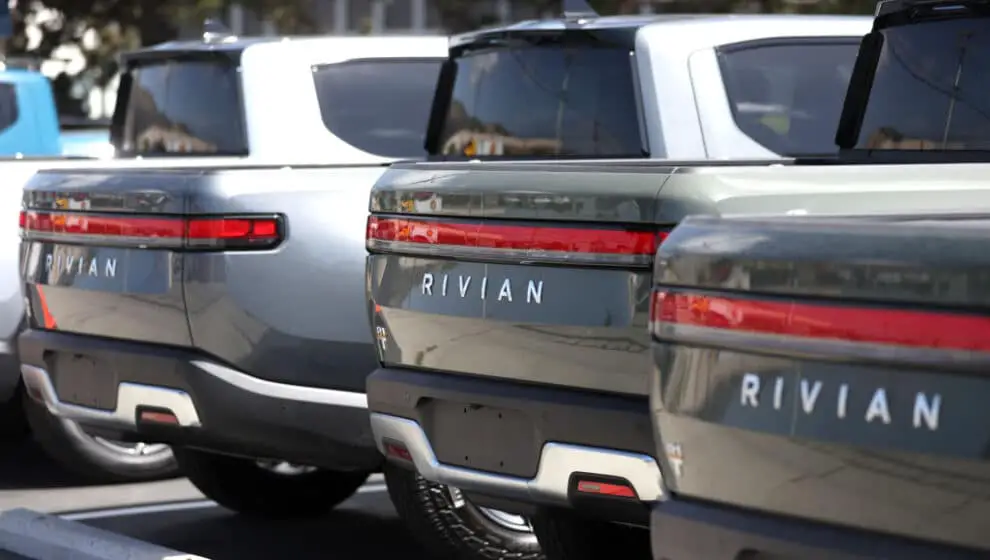Electric vehicle (EV) startups are beginning to see lighter-than-expected demand as customers opt to wait for cheaper EVs.
Key Details
- EV makers Lucid, Rivian, and Nikola have all seen a recent fall in demand.
- Lucid reported a fall in reservations: 34,000 in November to 28,000 in February.
- In the fourth quarter, Nikola produced 133 EV trucks, while only 20 were delivered to dealerships, according to Reuters.
- In 2022, Rivian made 24,337 vehicles, but only 20,332 were delivered.
- Tesla continues to cut its prices—knocking the Model 3 sedan to $4,930 less than the average new vehicle sold in the U.S.
Why it’s news
Last year was the beginning wave of growth for the EV market. Sales exploded on a small scale last year, reaching 10% of overall car sales. While not a huge number in itself, it represents a 68% increase in EV sales from the previous year. So the expectation is that this trend will continue in 2023.
But so far, they are performing well, but not as expected. EV startups struggle to meet expectations due to continued supply-chain issues and the pressure to lower prices as EV powerhouse Tesla reduces costs to secure EV tax credits.
Quarterly reports from many EV startups showed slacking numbers. The companies are already struggling to keep up with high inflation prices, and now the added pressure of Tesla dropping prices continues to hurt other EV demand.
Luxury-sedan maker Lucid has seen a significant drop in reservations falling from 34,000 in November to around 28,00 in February. EV semi-truck maker Nikola produced 133 trucks, and only about 20 were delivered, and SUV maker Rivian had a fall in deliveries and a recall that set it back.
The startups tend to have higher prices because most are still in relatively early stages, plus the added supply chain issues that make parts harder and more expensive to buy. To top that off, almost everything is more expensive right now due to high inflation costs, making parts more expensive.
Regardless of inflation and rising costs, the number one EV maker Tesla has been heavily dropping its prices and putting pressure on other EV brands to do the same to get sales.
Tesla continues to cut prices, leading the brand to undercut the average gas-powered car by nearly $5,000—bringing Tesla prices to a record low and making it a cheaper EV option.
Tesla has been dropping its EV prices over the last few months. The Model 3 Sedan is now $4,930 less than the average new vehicle sold in the U.S., and the more expensive Model Y sport utility vehicle had a $13,000 price drop earlier in the year.
Ford followed closely behind, dropping the price of its electric Mustang Mach-E by an average of $4,500, and Lucid Group Inc. began offering $7,500 discounts on its EVs.
While startups are hurting, Ford and other brands continue to have strong EV sales.
- Ford sold 61,575 EVs in the U.S. in 2022, ⬆️ 126% from 2021.
- GM delivered 39,096 EVs in 2022 ⬆️ 57%, according to Inside EVs.
- BMW sold 433,795 EVs ⬆️ 32%.
Many Teslas were too expensive to qualify for the $7,500 federal EV tax credit, so the company has been dropping the prices of its vehicles to meet the requirements.
Due to the EV tax credits, many customers have been choosing to buy EVs that qualify to get the money, and after many Teslas were added to the eligible options, more customers began choosing the top EV brand.

